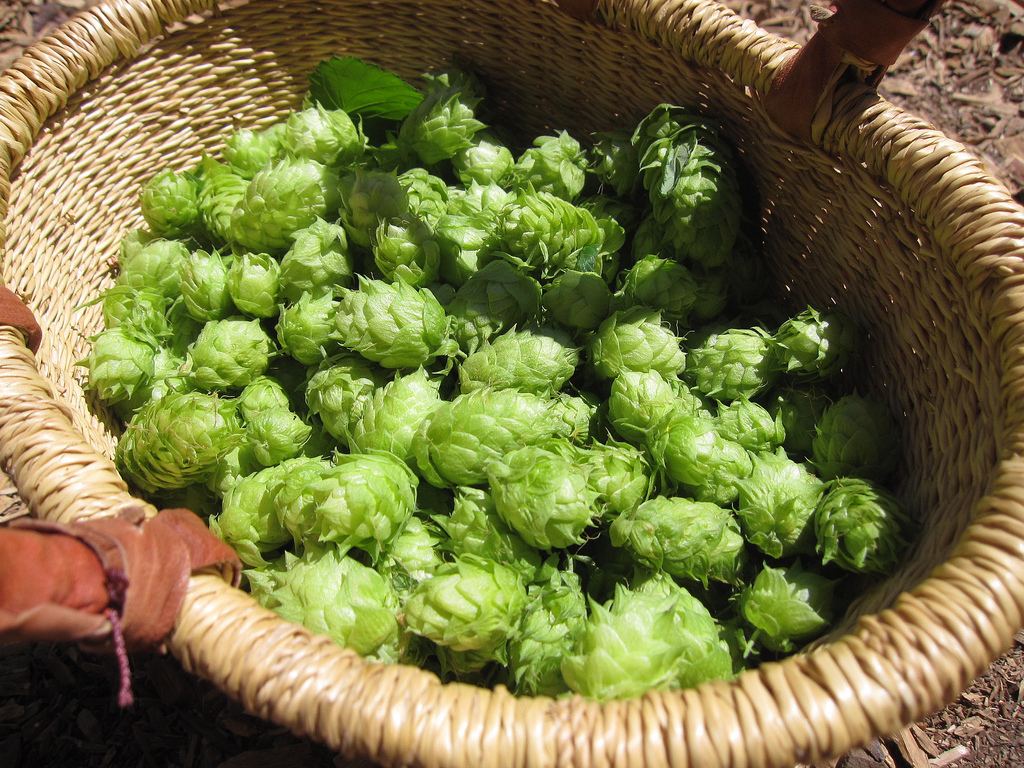Coming out of the Nobel Conference there are a variety of topics that need discussing but one stands out more than any other; alcohol. Alcohol is a dangerous substance, but by treating it as taboo we are doing more harm to ourselves than by learning to drink responsibly.
A Calvinistic rejection of alcohol as evil sets up people in society for failure when they come of age to drink. This culture which pushes drinking to the margins also pushes it to the extreme in an unhealthy and dangerous manner.
It’s okay to have a few drinks with your friends, but bad to have a few friends with your drinks.
To be clear I’m not saying that alcohol is a harmless substance. Alcohol is a drug that we should be wary of. It can ruin lives, and it’s one of, if not the most, abused drug in society. To treat alcohol like we do coffee, soda, or any other drink is to make a grave categorical mistake. Alcohol is extremely easy to abuse, and extremely easy to take too lightly.
On the other hand alcohol is not pure evil, or even an evil at all. Although there is intrinsic danger in alcohol for it to be abused, it also is a substance that can be enjoyed responsibly. Many people enjoy its taste, and alcohol has a long tradition in societies and cultures around the world. Beer even at times played a somewhat healthy role for laborers in society as a way to attain more calories than plain water (medieval Gatorade).
What’s for sure is that alcohol is part of our society, and it’s not going away. We need to reject extremes of alcohol as an evil substance as well as reject notions of alcohol as a safe get-drunk-drink.
Getting drunk shouldn’t be equated with drinking alcohol. Alcohol may be necessary in the process of getting drunk, but it isn’t sufficient. The other necessary components that make alcohol a problem are our societal views surrounding it and how we choose to educate the young in regards to it.
One problem is that alcohol education focuses on the dangers of consuming alcohol, and not teaching what it means to drink responsibly and in a healthy manner. It’s not enough to say ‘don’t binge drink because x, y, and z’, or ‘set a limit for yourself and count your drinks to avoid over indulgence’.
These kind of warnings and practical measures do little to actually teach people how to drink and re-enforce a view of alcohol as a substance whose only end is drunkenness.
This leads to a large number of people only viewing alcohol as a means to get drunk. Counting drinks on your arm becomes a method not to stay safe, but to prove how much you can drink. Knowing your limits isn’t a method for avoiding over indulgence, but to know how much you need to drink to get drunk. Drink preferences become little to do with taste and texture, and more to do with what is the highest proof per dollar that I can mix with other drinks to go down smooth.
I’m not saying everyone is like this. Many people also enjoy certain types of alcohol for taste or for other ends outside of drunkenness and abuse. They drink responsibly during the week, but come the weekend for many there’s a switch from drinking excellent tasting beverages to the cheap stuff for the purpose of getting drunk.
The solution? I have none, at least nothing simple. I grew up in a family in which I was allowed to have beer at dinner from the age of sixteen. Big family gatherings were filled with people enjoying good wine and beer, and the company of family. I was warned of my family’s history of alcoholism my senior year of high school, and my parents made sure I understood the dangers of drinking.
They showed me how good beer and wine can be present in my life without being something that takes from it. I’ve grown up in what I take to be a healthy and responsible family culture around alcohol. Yet, I still have made my fair share of mistakes. I’ve let myself slip into bad drinking habits, and thrown myself into the culture of binge drinking at Gustavus at times.
What we need is to start more conversation amidst ourselves about alcohol.
We need to talk to our parents about it. We need to talk to professors about it. Then from these conversations perhaps we can develop a new approach moving into the future. We need new educational programs, and a new culture around drinking that doesn’t make alcohol a pure evil or a pure good.
…alcohol education focuses on the dangers of consuming alcohol, and not teaching what it means to drink responsibly and in a healthy manner.
My personal solution is this: It’s okay to have a few drinks with your friends, bad to have a few friends with your drinks. Don’t let alcohol and its consumption become something you do purely for yourself, and don’t let it become the focus of what you do with friends. A party without alcohol is still a party, because your peers should be the point. Also, drinking underage is still illegal. Don’t do it. Though the history of that law and how it’s affected society is a good topic for another day.
